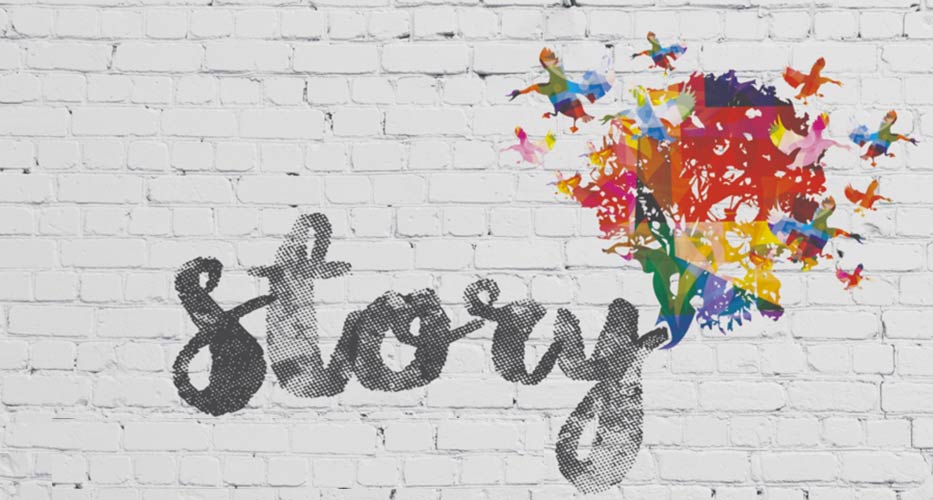Why would a Jewish chaplain and wife of a rabbi sign up to spend three days with her children at a Christian festival? That’s precisely the question I asked myself when I walked through the gates of a camping ground in the mountains of North Carolina that hosted the Wild Goose Festival in July.

Wild Goose had been mentioned several times on a podcast I regularly listen to, “On Being,” which depicted the festival as a blend of spirituality, social justice, music and art.
I must admit that in addition to being excited, I had a lot of trepidation about what it would feel like to be an odd Jewish person at a festival dedicated to walking the path of Jesus. Against my better judgment, I imagined the worst.That describes all of the things I deeply care about. The fact that it was a Christian event made me curious about where our values might overlap and what I, as a Jew, might glean from it.
Would my children feel like “the other”? Would I see signs of anti-Israel sentiment? Was the boycott, divestment and sanctions movement part of the conversation? Would my heart wrap itself in layers of protection when confronted with the faith of others?
What I actually experienced could not be further from my runaway imagination.
Large displays of poetry met new arrivals at the camping grounds, one of which was a favorite poem by Mary Oliver that put me at ease:
“You do not have to be good./You do not have to walk on your knees/for a hundred miles through the desert, repenting./You only have to let the soft animal of your body/love what it loves./Tell me about despair, yours, and I will tell you mine.”
Our generation is living through uncertain times of intense political and religious divisions, a planet in trouble, and mass violence. We are seeking expressions of hope, moments of joy and reminders of our interconnectedness.
The Wild Goose Festival, mostly attended by progressively oriented churches, had a long list of issues to tackle and did so by engaging in difficult conversations, often uncomfortable and sometimes deeply emotional.
At any hour, six to eight large tents hosted preachers and panels on subjects ranging from racial justice to responsible farming, from prison reform to the practice of awakened spirituality, from LGBTQ inclusion in religious life to interfaith dialogue.
My little family did not feel like “the other,” and there were few mentions of Jesus (mostly in musical performances). Israel did not seem to be on the radar, other than as a place of pilgrimage. And I did not see the frightful acronym of BDS.
I found that the issues on the roster were similar to those we wrestle with in the progressive Jewish community. My kids observed, with great interest, that our Christian counterparts are a bit more expressive with their colorful fashion, body piercings and tattoo art than we are used in our synagogue setting.
Young ministers gave many of the sermons, and lay leaders moderated the panels, which gave the festival a feel of approachability and communal experience. I was surprised by how few African-Americans came to the festival, even though much of the conversation revolved around racial justice as a problem that belonged to us all.
At one point Kenji Kuramitsu, a young educator on racism, quipped with disappointment that there were “more people dressed as unicorns than there were people of color” in attendance. We laughed sheepishly, knowing that more work was ahead.
On the last day of the festival, my son whispered in my ear that he was no longer afraid of being the only Jewish kid among so many Christians. I hope my son will not mind me sharing this, as I think it was a pivotal moment encapsulating why I ventured into the mountains of North Carolina with my family.
My children, who proudly take their rightful place within the Jewish community, are beginning to understand the importance of meeting people of other faiths. In our imperfect world, sometimes we discover possibilities of hope and fellowship in the most unlikely places.
Originally published in Atlanta Jewish Times.